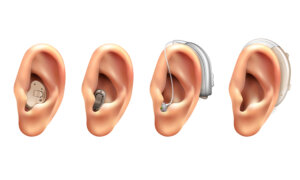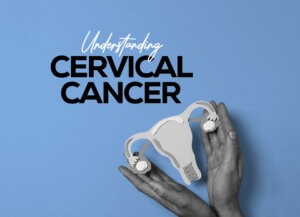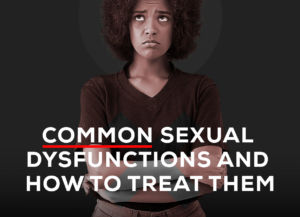
“Sexuality Education for all: a bridge to sexual health” is the focus of this year’s World Sexual Health Day on 4 September 2019
Sexual health is a state of physical, emotional, mental and social well-being in relation to sexuality; it is not merely the absence of disease, dysfunction or infirmity. Sexual health requires a positive and respectful approach to sexuality and sexual relationships, as well as the possibility of having pleasurable and safe sexual experiences, free of coercion, discrimination and violence. For sexual health to be attained and maintained, the sexual rights of all persons must be respected, protected and fulfilled.” (WHO, 2006a)
Sexual health-related issues are wide-ranging, and encompass sexual orientation and gender identity, sexual expression, relationships, and pleasure. They also include negative consequences or conditions such as:
-infections with human immunodeficiency virus (HIV), sexually transmitted infections (STIs) and reproductive tract infections (RTIs) and their adverse outcomes (such as cancer and infertility);
– unintended pregnancy and abortion;
-sexual dysfunction;
-sexual violence; and
-harmful practices (such as female genital mutilation, FGM).
“The fulfilment of sexual health is tied to the extent to which human rights are respected, protected and fulfilled. Sexual rights embrace certain human rights that are already recognized in international and regional human rights documents and other consensus documents and in national laws.
Rights critical to the realization of sexual health include:
-the rights to equality and non-discrimination
-the right to be free from torture or to cruel, inhumane or degrading treatment or punishment
-the right to privacy
-the rights to the highest attainable standard of health (including sexual health) and social security
-the right to marry and to found a family and enter into marriage with the free and full consent of the intending spouses, and to equality in and at the dissolution of marriage
-the right to decide the number and spacing of one’s children
-the rights to information, as well as education
-the rights to freedom of opinion and expression, and
-the right to an effective remedy for violations of fundamental rights.

The responsible exercise of human rights requires that all persons respect the rights of others.











